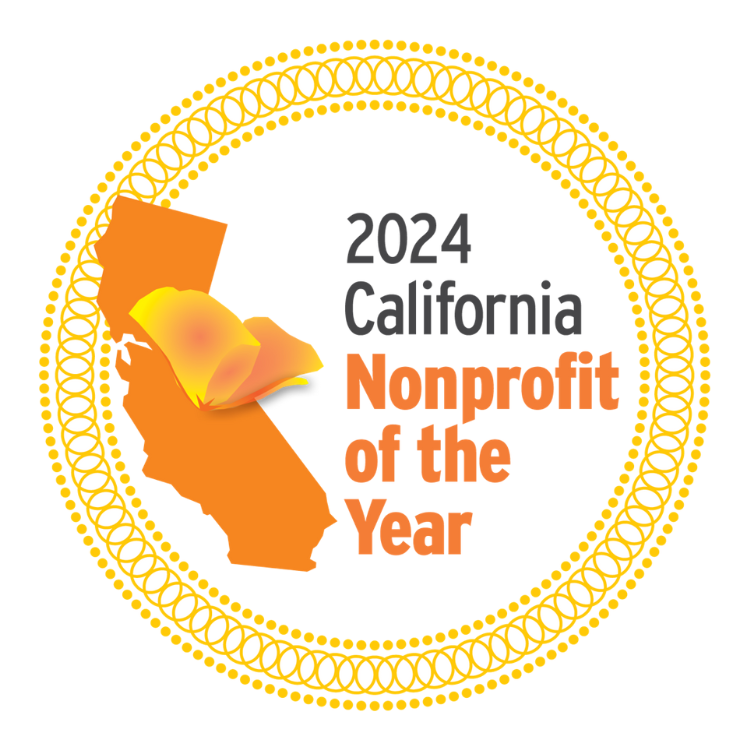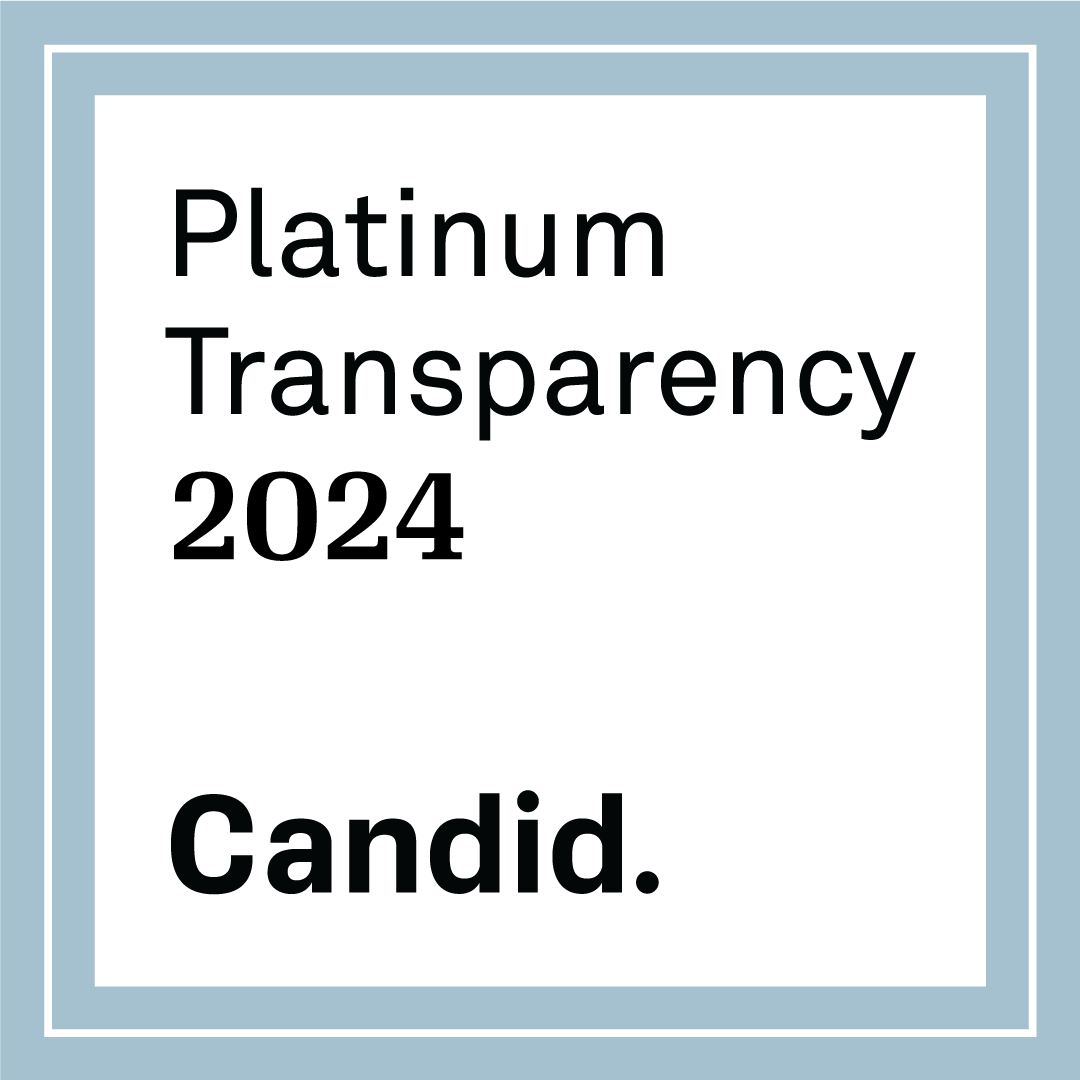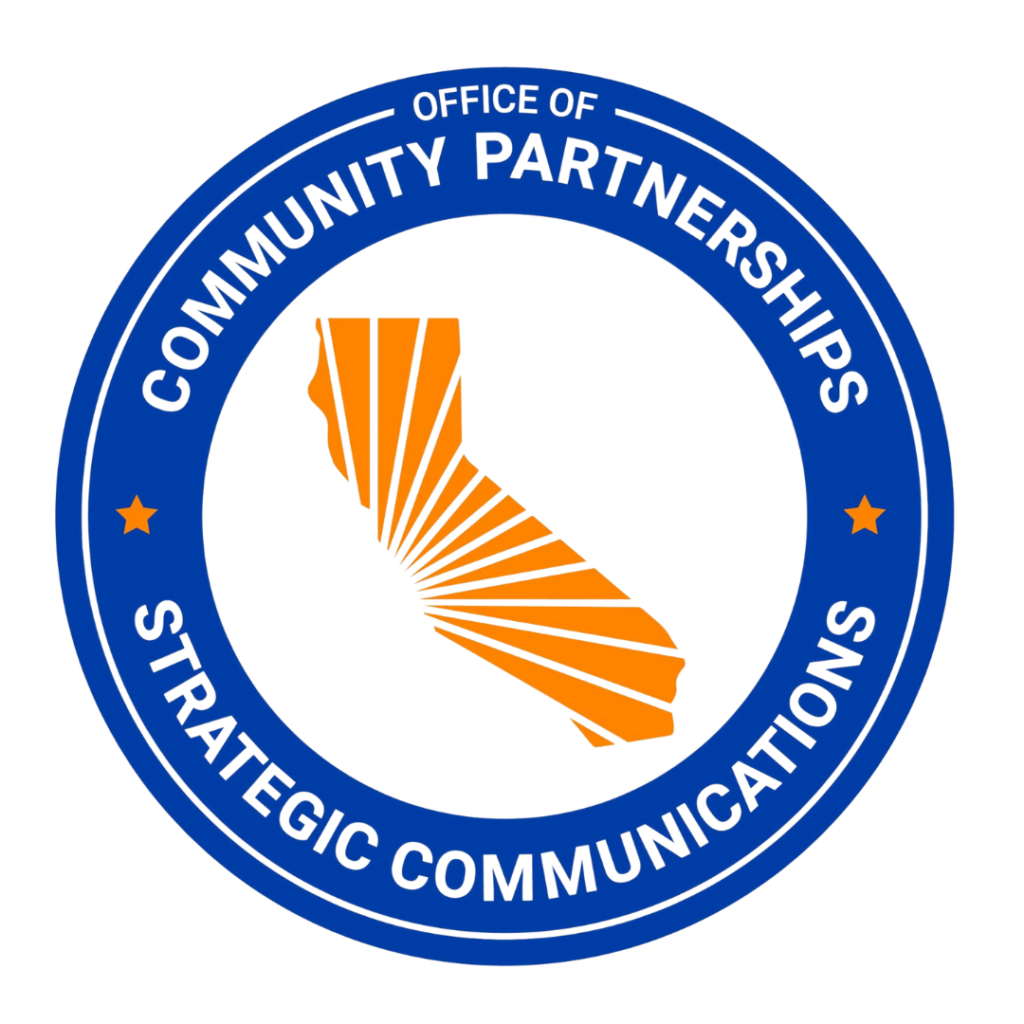Although the problems with microplastic pollution might seem overwhelming, there is a lot that can be done to reduce the flow of microplastics into the environment:
1. REFUSE and REDUCE plastic in your everyday life
The most effective action that you can take is to eliminate single-use plastics. In particular, focus on the big 4:
- Bags
- Bottles
- Straws
- Coffee cups (paper and plastic)
If you eliminate those four things from your life, you will already be making a big difference because they are some of the most common litter found on beaches worldwide.
Reducing plastic can be just as important as refusing it. Choose products that come in minimal packaging, and choose products that are not made of plastic, such as bamboo toothbrushes and utensils, metal water bottles and straws, glass cups and food containers, and clothes made of natural fibers.
Remember – vote with your dollar.
If you don’t buy plastic, you can push companies to rethink their use of plastic in their products.
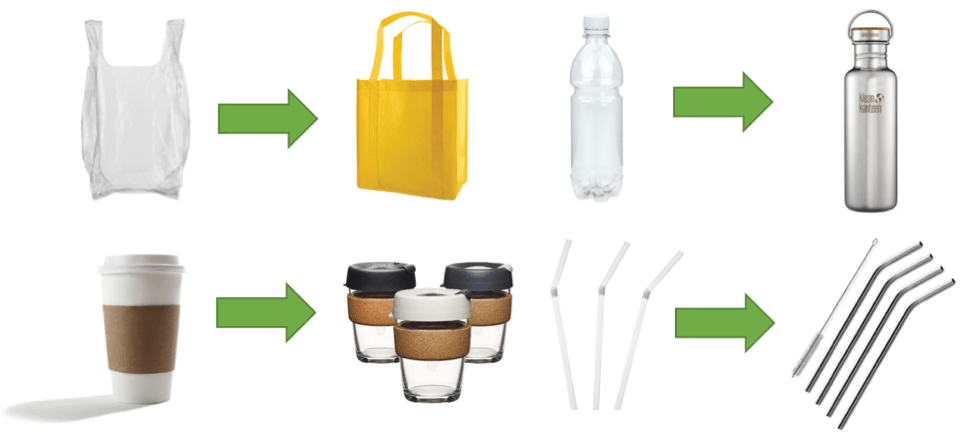
Replacements for the Big 4: Bring your own reusable tote bags, refuse plastic bottles and replace with a metal water bottle, bring your own reusable coffee cup, refuse plastic straws and use a metal or glass straw instead.
2. Spread the word
So many people continue to use plastic because they hadn’t thought to use anything else – our culture is set up around easy-to-use, single use items to make our lives efficient.
Talk to your family, friends, and neighbors and encourage others to make changes. Even small changes can make large impacts over time.
Just because you can’t do everything, doesn’t mean you should do nothing.
3. Support policy that reduces plastic use
Around the world, policies to reduce the use of single-use plastic have been implemented with a lot of success.
In 2015, the US passed the Microbead-Free Waters Act, banning all microbeads from wash-off products.
In California, many counties have implemented plastic bag bans or a plastic bag tax. In San Jose in particular, there was an 89% reduction in the number of plastic bags found in storm drains, and a 60% reduction in plastic bags found in creeks and rivers after the implementation of a plastic bag tax.
In Ireland, a plastic bag tax decreased the use of plastic bags by 94% and there was subsequently a 95% decrease in plastic bag litter.
In Washington D.C., a plastic bag tax reduced the use of plastic bags by 86% in the first month alone.
Cities across the world are considering banning polystyrene take-out containers, straws, and plastic utensils in efforts to reduce litter from single-use plastics.
Supporting these types of initiatives will help to stop the spread of plastic pollution at the source, rather than relying solely on individual actions.
About the writer:
Kara Wiggin is currently a master’s student at California State University Long Beach studying microplastic pollution in the urban waterways surrounding Long Beach, CA. She is interested in how much microplastic pollution is in the environment, and how it could effect marine life. Her biggest goal is to rid the world of unnecessary single-use plastics.



